‘Watched helplessly as United’s corona isolation unit burned, with my father inside’
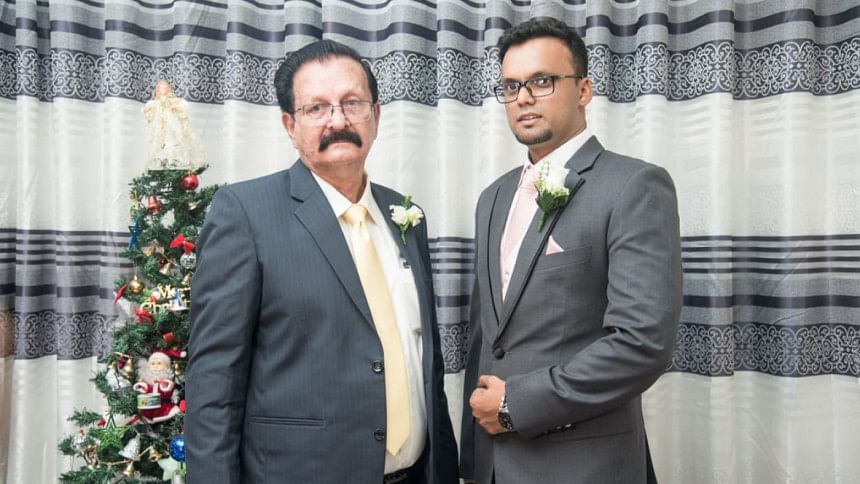
Vernon Anthony Paul (75) was one of the five patients who died in the fire at United Hospital.
A mere 4 hours before the fire, he was found to be coronavirus negative, and was slated for a shift to the normal sections of the hospital. But instead, he was consumed in the flames that took down the isolation unit, while his son watched helplessly from outside.
"My father was admitted to United Hospital with pneumonia on May 25," informed his son Andre Dominic Paul, an electrical engineer from Chattogram.
"He had a stroke inside the bathroom on May 17. He had gone in for a shower, fell in the bathroom and lay there on the wet floor for about an hour -- we had no idea that had happened. He woke up by himself, came out on his own and informed us that he had blacked out, but he could not remember what happened. But lying on the wet floor for so long, we suspected that he had contracted pneumonia," said Andre.
They got a coronavirus test done by the IEDCR, which ultimately pronounced him negative, but he was still rejected by several private hospitals on grounds of his pneumonia-like symptoms. In the meantime, he had a second stroke.
"United Hospital agreed to take him, but on one condition -- that he must stay in the isolation unit. We showed them the IEDCR test result, but they said false negatives pop up all the time. We agreed to take the risk, just because this was the only private hospital agreeing to treat him," said Andre.
The hospital did a second coronavirus test the same day. The results came on May 27, hours before the fire took his life.
"We called the lab head and got to know that he is negative. Around 5pm we went to the hospital and tried to convince them to move my father, but the doctors in the isolation unit said they have to wait for the hard copy results before they can process the transfer," informed Andre. He spent the next four hours trying to get the hard copy results in the hands of the isolation unit doctors.
"Around 9:40 pm, my wife wrote a letter for my father and sent it via text message. I was waiting outside the isolation unit, hoping to be able to show him the letter."
That's when he first saw the spark in the air conditioning unit. The unit is designed as such -- the first room that the entryway leads to is the doctor's station, and the second inner room was where the patients were kept. Vernon was in bed number 3.
"We heard them shouting and screaming inside. They opened the door and I saw a spark in the AC. They called maintenance, and nobody responded. A minute later the AC sparked again, louder. There was an empty bed under the AC where paper files were kept and I asked them to quickly move the bed," said Andre, who, being an electric engineer, knew how such fires can spread.
Nobody heeded him, he claimed, and the staff all came out of the room. "The sparks fell on the floor and a ward staff rushed in with a wet mop to smother the electric fire, but the mop probably had disinfectant on it, so the fire spread in a split second from the floor to the bed with files," he said. The ward staff threw the mop away and ran out.
This was at 9:50 pm, according to the Fire Service and Civil Defence Department.
However, since the incident, United Hospital authorities have said the fire might have originated from a short circuit and spread quickly, "as it was windy".
"I was screaming, saying my father is inside, somebody please do something. I was thinking I should go inside, but how? There was so much smoke and the flames had engulfed the room. My father was probably calling out to us, and we could not go in," he said.
His brother-in-law ran to the emergency and they arrived with fire extinguishers. "I grabbed a fire extinguisher to try and clear a path to my father, but the flames were too huge," described Andre.
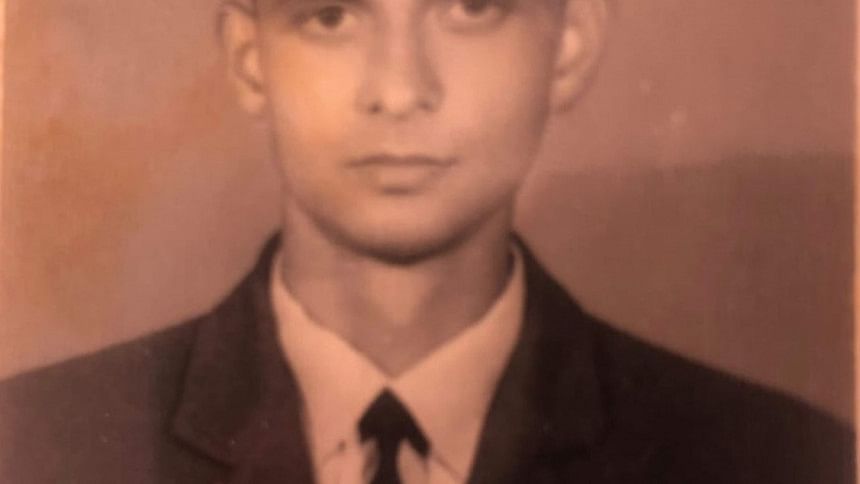
It took the Fire Service's full efforts to extinguish the flames.
"As they brought out the bodies one by one, I ran behind the bodies, taking off the sheets to find my father. The bodies were so burnt, it took us several rounds of inspecting the bodies to find my dad. This was the first burnt dead body I have ever seen," described Andre.
He recognised his father by the pacemaker he had in his heart. "I saw a body with the pacemaker burnt and popping out of the chest. I cried out, this is Papa, this is Papa. When he was alive, he had a head full of hair and a moustache. His whole face was bald, burnt and black," narrated Andre, his voice breaking in agony.
"I can't get the smell of my own father's burnt body out of my head."
Vernon Anthony Paul, born in 1945, was a freedom fighter who was a part of the Air Force during the Liberation War and was a prisoner of war in Quetta, Pakistan. He was released and returned to an independent Bangladesh, where he built a life working in private organisations.
He retired in 2003 from DHL.
He left behind a wife, a son and a daughter.



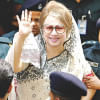


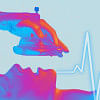


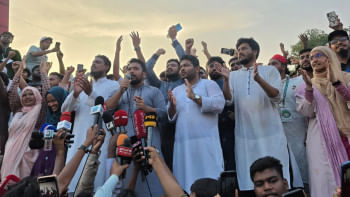
Comments